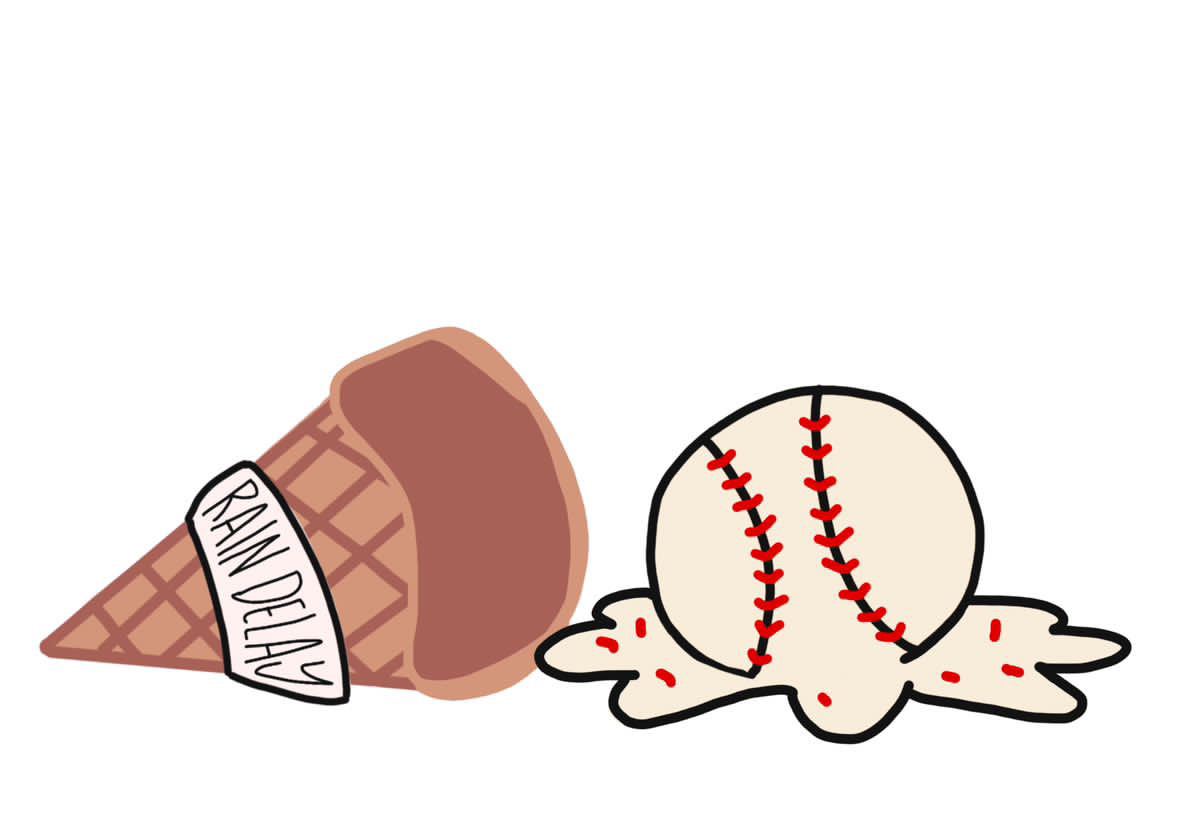11,000 volts: Dr. BJ Miller’s search for empathy for the physically disabled
March 22, 2023
In 1990, at only 19 years of age, current Mill Valley resident Dr. BJ Miller was electrocuted with 11,000 volts of electricity from a commuter bus, resulting in the amputation of three of his limbs. Now, due to his use of prosthetic legs, he often faces judgment in public. This unwanted attention has left its mark on Miller, leading him to possess an unbridled passion for disability advocacy and work in the medical field.
Over the many years Miller struggled with this judgment, he realized where this pity stems from and the impact it has on the victim.
“There are so many opinions coming at you [when you have a physical disability]. Some of them are in a look or a stare or are implied, but the world keeps insisting that you’re separate from [the rest of the world],” Miller said. “That’s where all the pain comes [from], that you are separate from [society] and are from some exotic place.”

The public perception that the disabled originate from an “exotic place,” as Miller described, is not a new one. Discrimination against people with physical disabilities has been around for centuries, and it was not until 1990 that the American Disabilities Act (ADA) was passed, guaranteeing that Americans with physical disabilities have the same opportunities as those without. However, even with the passage of the ADA, the disabled are still greatly mistreated. This is what drove Miller to his public service.
When considering emotions surrounding disability, Miller explained that there was an important difference between tolerance and empathy.
“In the disability world, there is a real allergy to pity. … The important difference is that with empathy, you are really putting yourself in someone else’s shoes, and you are feeling what they’re feeling. That is a powerful and exquisite place,” Miller said.
Senior Emma Orrick is the president of Music Makes Your Day, a club which allows some of Redwood’s Special Education (Special Ed) students to play music on Mondays during lunch. Through this experience, Orrick has witnessed the problem of classifying disabled people at Redwood as “separate.”
“I noticed that people were being particularly insensitive towards [disabled students]. I witnessed a lot of the R-slur being thrown around and people mimicking students who are disabled. It really made me annoyed,” Orrick said.
Jack Goodman, the temporary teacher for the Special Ed class at Redwood and a retired Special Ed teacher, had paralleling sentiments to Orrick, but not just inside the classroom.
Goodman has experienced a consistent general discomfort from the public when they interact with his students.

“People often look at our [Special Ed students] and shy away [from them].It’s uncomfortable for some people to talk to them, so often they just shun them and walk away.
I’ve never seen anyone make fun of them directly, but [other students] don’t want to have anything to do with them,” Goodman said.
Goodman frequently takes his students to Lucky grocery store to work on their general life skills, but the workers’ reception is far from warm. Goodman has experienced frustration from employees due to his students moving slowly through the checkout line.
These negative interactions with and around disabled people described by Goodman and Orrick are exactly what Miller and other disabled people combat every day.
Miller likes to challenge the notion of what is thought to be “normal,” and by doing so, challenges others’ biases against people with disabilities.
“We should really hold [the idea of the ‘average person’] lightly. Who are these mythical people? Why is life with four limbs inherently better than life with one? Society is filled with this presumption that there is an ‘ideal’ person, and we end up judging ourselves against this ideal,” Miller said.
There was a common consensus between Miller, Orrick and Goodman that in order to eliminate discrimination, it is essential for society to become more comfortable with and accepting of people with physical and mental disabilities.
“Don’t be afraid or weirded out to talk to [people with disabilities],” Orrick said.
“I urge people to sign up to be [teachers assistants] for [the Special Ed class],” Goodman said.
“We need to find a way to be more respectful of each other’s experiences, with empathy,” Miller said.
Video courtesy of TED.





















